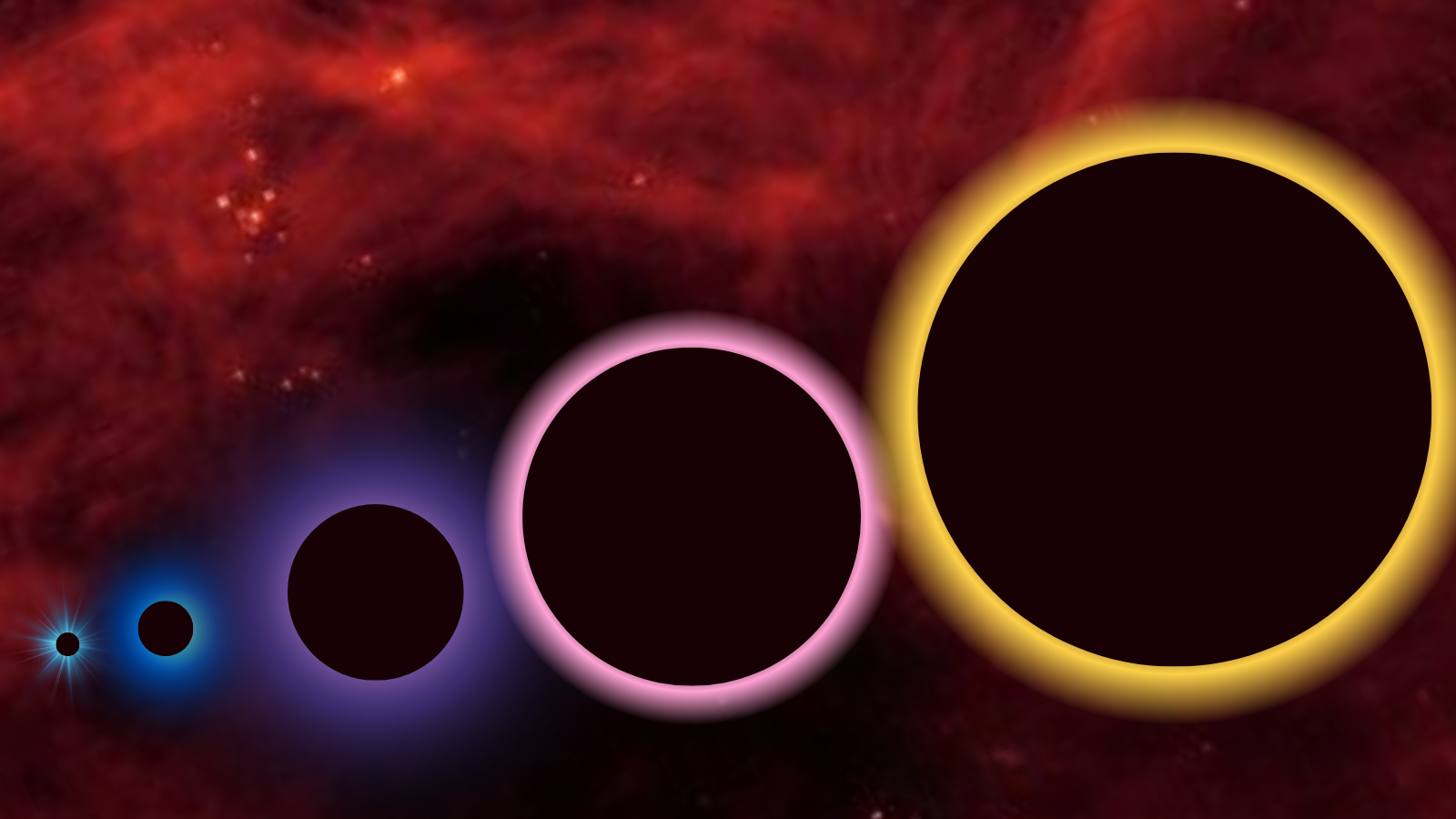
ABL Space Systems fired up its new rocket on Thursday (Nov. 17), but the vehicle didn't get off the ground.
ABL attempted to launch its first-ever orbital mission on Thursday from Alaska's Pacific Spaceport Complex, and very nearly did so: The company's RS1 rocket started to ignite its first-stage engines at 5:55 p.m. EST (2255 GMT; 1:55 p.m. local time in Alaska), but they quickly shut down.
"RS1 aborted terminal count during ignition. The vehicle is healthy, and the team is setting up to offload propellant for today. More information to come on our next opportunity," company representatives said via Twitter on Thursday afternoon.
Related: A history of rockets
RS1 aborted terminal count during ignition. The vehicle is healthy, and the team is setting up to offload propellant for today. More information to come on our next opportunity.November 17, 2022
California-based ABL, which was founded in 2017, originally aimed to lift off on Monday (Nov. 14). But that try was scrubbed by a technical problem, which the company soon traced to a leaky valve in the RS1's pressurization system.
ABL replaced the valve on Monday evening, but forecast high winds over the ensuing two days pushed the next planned attempt to Thursday.
The current launch window runs through next Monday (Nov. 21), from 5 p.m. to 8 p.m. EST daily (2200 to 0100 GMT). ABL isn't webcasting the mission but is providing updates via Twitter.
Breaking space news, the latest updates on rocket launches, skywatching events and more!
Though this is a test flight for RS1, the 88-foot-tall (27 meters) rocket is carrying satellites — two shoebox-sized cubesats called VariSat-1A and VariSat-1B, which will test marine data communications operations for VariSat LLC.
ABL intends to snare a large chunk of the small-satellite launch market with the RS1, which can deliver up to 2,975 pounds (1,350 kilograms) to low Earth orbit on each $12 million mission.
The rocket and its associated ground system are designed to be easily transportable and deployable, allowing quick-turnaround liftoffs from any launch site around the world with a relatively flat surface, company representatives said.
Editor's note: This story was updated at 8:37 p.m. ET to correct the names of the satellites going up on the first RS1 mission. They are VariSat-1A and VariSat-1B, not ViaSat-1A and ViaSat-1B. And they will be operated by VariSat LLC, not ViaSat.
Mike Wall is the author of "Out There" (Grand Central Publishing, 2018; illustrated by Karl Tate), a book about the search for alien life. Follow him on Twitter @michaeldwall. Follow us on Twitter @Spacedotcom or on Facebook.
Join our Space Forums to keep talking space on the latest missions, night sky and more! And if you have a news tip, correction or comment, let us know at: community@space.com.

Michael Wall is a Senior Space Writer with Space.com and joined the team in 2010. He primarily covers exoplanets, spaceflight and military space, but has been known to dabble in the space art beat. His book about the search for alien life, "Out There," was published on Nov. 13, 2018. Before becoming a science writer, Michael worked as a herpetologist and wildlife biologist. He has a Ph.D. in evolutionary biology from the University of Sydney, Australia, a bachelor's degree from the University of Arizona, and a graduate certificate in science writing from the University of California, Santa Cruz. To find out what his latest project is, you can follow Michael on Twitter.
